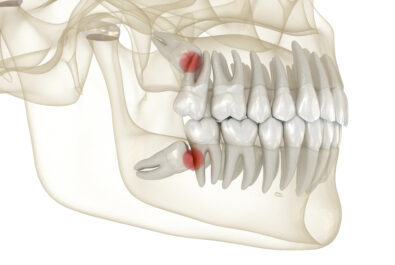You might not even realize that you snore unless the noise is loud enough to disturb your sleeping partner. Likewise, you might not realize that you suffer from obstructive sleep apnea unless you start to experience one or more of its related side effects. Obstructive sleep apnea, or OSA for short, affects more people than many realize, despite the fact that its most prominent symptom is loud, abrasive snoring. To determine if you should seek a sleep apnea assessment from your dentist, ask yourself if you exhibit any of the following sleep apnea symptoms.
Have you tried to stop snoring, and failed?
Snoring and sleep apnea are closely related. In many cases, snoring is caused by your airway being partially-obstructed by throat and oral tissues. In the case of sleep apnea, the partial obstruction becomes a complete one, and your breathing repeatedly stops as your airway closes. If you’ve tried multiple ways to stop snoring, but to no avail, then the cause may be more involved, like obstructive sleep apnea, and will require professional treatment.
Do you feel exhausted during the day, but don’t know why?
The cycle that includes loud snoring, then breathing cessation, and then snoring again can repeat itself hundreds of times a night. Cumulatively, the episodes stop you from entering the deep levels of sleep (REM sleep) that you need to properly rest. Before long, you can begin experiencing symptoms of sleep deprivation, including pronounced tiredness and exhaustion, even though you believe that you’re sleeping soundly every night.
Does your throat and/or head hurt when you wake up in the morning?
Over time, uncontrolled snoring and sleep apnea can cause the tissues in your throat to grow sore, and the lack of oxygen can lead to chronic, severe headaches and migraines. If you constantly wake up with a sore throat and/or headache, then speak with your dentist as soon as possible about the potential presence of obstructive sleep apnea.














